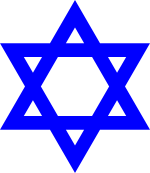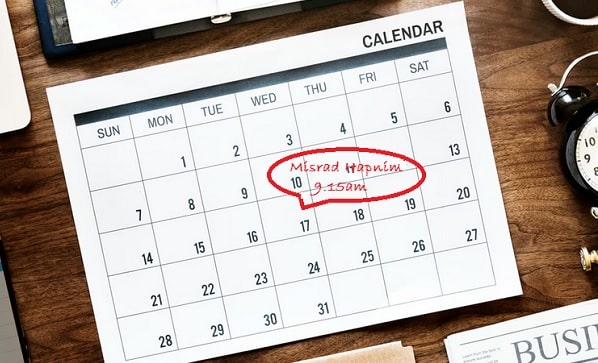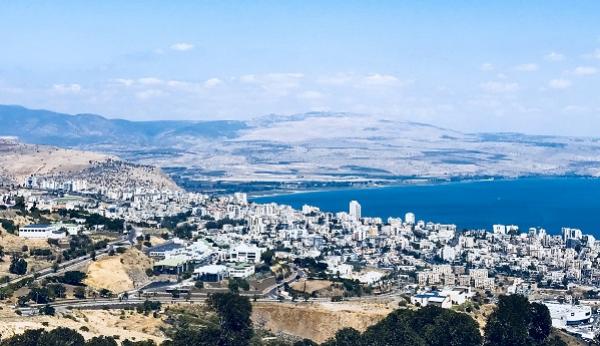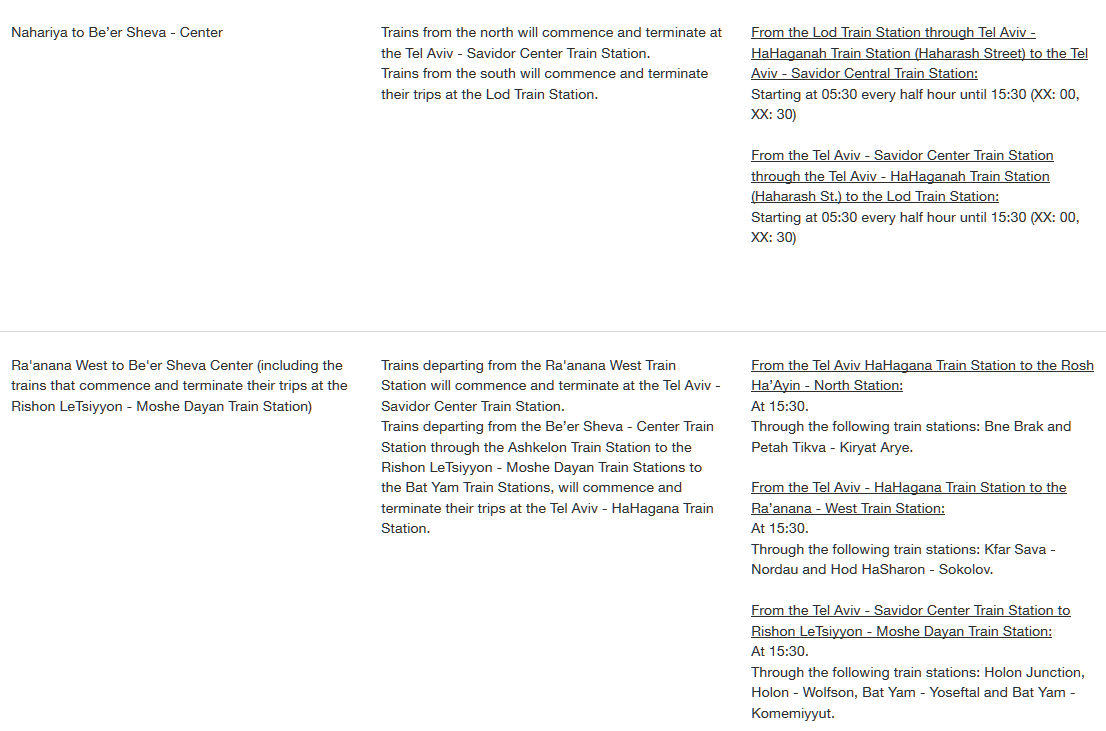Reading Time: 6 minutes
Parshat Hashavua Vayekhel
Contributed by Rav Nissim Mordechai Makor
 Parshat Vayekhel in a nutshell. Moses gathers the Jews and relays to them all the details regarding the construction of the Tabernacle and its vessels. The actual construction is described. This portion repeats many of the details described in the portion of Terumah, wherein G‑d instructed Moses how the Tabernacle and its vessels were to be constructed.
Parshat Vayekhel in a nutshell. Moses gathers the Jews and relays to them all the details regarding the construction of the Tabernacle and its vessels. The actual construction is described. This portion repeats many of the details described in the portion of Terumah, wherein G‑d instructed Moses how the Tabernacle and its vessels were to be constructed.
“On six days, work may be done, but the seventh day shall be holy for you.” (Shemot 35:2)
The Dubno Magid tells a parable. A poor man named Yosef once knocked on the door of a wealthy man, Moshe, to ask for charity. When Moshe opens the door, Yosef describes his difficult situation in detail and mentions that he traveled a long distance from his hometown. Moshe gets excited and says, “You’re from that town? I grew up there, but I haven’t been there for many years! Please tell me all about the people who are living there.” Yosef responds that he has many people that he needs to see to try to collect sedakah, so Moshe tells him, “How much do you normally collect in a day? I will give you that entire amount if you stay here with me for a while and answer my questions.” Yosef agrees.
After he comes in and sits down, he says, “I just traveled a long distance, and I’m very hungry. I can’t answer any questions until I get something to eat.” So Moshe brings him a lavish meal. After the meal, Moshe is ready to talk, but Yosef says, “Now I’m very tired. Let me sleep a little and then we can talk.” Moshe gets upset and says, “I gave you all that money so that you can spend some time with me to tell me about my hometown, not so that you can eat and sleep!”
All week long, Hashem is waiting for us to come closer to him through prayer and Torah learning. But we say, “I don’t have time. I need to go to work to support my family.” So Hashem says, “Ok, I will give you Shabbat, a day where you will not have to work, and I will take care of all of your needs so that you can spend more time with me.” And what do we do? We enjoy elaborate meals, and then we say, “What a rough week I had. I’m wiped out.” And then we proceed to sleep away the rest of the day.
Candle lighting times for Parshat Hashavua Vayekhel
Parsha Index
Shabbat is such a wonderful day. All of our work obligations are put aside, and we can enjoy the day. But we should make the most of our time to get closer to Hashem and spend some time with Him. Let’s take a little more time to think about the words of our prayers and connect with Hashem. Let’s dedicate just a little more time to learn some Torah, a little halachah or parashah, or anything else. It will add so much enjoyment to our day, and bring us closer to our Creator.
Based on Likutey Halakhot, Hilkhot Birkhot Reiyah 4:1
“Moses gathered the entire Israelite community and said to them, ‘These are the matters that God has commanded to do them. You may do work during the six weekdays, but Saturday must be kept holy as a Shabbat of tranquility to God. Whoever does any work on [Shabbat] will be put to death. Do not ignite any fire on Shabbat, wherever you live.’” Exodus 35:1–3
“This [gathering] took place the day after Yom Kippur. Moshe Rabbeinu (Moses) did not gather the people by hand, but by speaking to them.” Rashi
A number of commentators (Ramban, Or HaChaim HaKodesh, Kli Yakar) point out that the significance of when this gathering took place is the element of peace that was involved. Yom Kippur, after people made amends with friends, neighbors and family; after Hashem (God) forgave the Jews for the sin of the golden calf, and the spirit of the Torah revelation was renewed. This was—and must be—the state of mind and the state of affairs that has to be in effect for the Mishkan, Hashem’s home, to be built.
The necessity of peace is not just a technical factor that allows a physical structure to be erected nor is it a matter of “making nice” with one another so that there is no open animosity in our house of worship. Peace is the source of holiness. The Holy Land is holy because it is the site of Yerushalayim (Jerusalem) and the Beit HaMikdash, both of which are named “Shalom” (see Genesis 14:18 and Psalms 76:3).
The most sacred place in Eretz Yisrael, in Yerushalayim, in the Beit HaMikdash is the kadosh hakadoshim (Holy of Holies). Its holiness was accessible but once a year—on Yom Kippur. Only the kohen gadol (high priest) was permitted to enter and he was allowed to do so only because of the fast of Yom Kippur. Peace is achieved by “fasting.”
“Fasting” is not just about going without food for a period of time. Fasting means controlling the desire to have and to consume. The raging beast within may want many things: pleasure, control, revenge, territory. Hashem may not want a person to have any of that. “On that very day [of Yom Kippur] afflict your souls”—humble your heart so that it will attach its will to God (cf. Leviticus 16:29, 23:27; 3 Zohar 68b). If one can subjugate her will to God’s, she can get along peacefully with others. This is especially so in regard to the desire to own things.
In case you haven’t noticed, there is a lot of confusion in the world. In particular, there is this notion that by talking peace can be achieved. Rebbe Nachman teaches that the opposite is the case: As a result of peace it is possible for people to talk with one another. Certainly people can hurl words at others in an attempt to threaten or manipulate them into “making peace,” but dialogue to bring another member of the human race closer to truth can only take place if those conversing are already at peace (Likutey Moharan I, #27).
Moshe Rabbeinu demonstrated this lesson when he assembled the Jewish people. He did not “gather them by hand,” by force. He used words because there was a great degree of peace among the Jews following Yom Kippur and following the resolution of their financial litigation (see Kli Yakar).
As great as our peace may be, as powerful as the holiness of the Mishkan/Beit HaMikdash may be, warned Moshe Rabbeinu, we must be aware that there is a higher degree of peace, an even more powerful holiness, the holiness of Shabbat. To partake of that holiness we have to observe Shabbat by refraining from melakhah (loosely translated as “work”). Adam ate of the forbidden fruit due to a lack of inner peace. Therefore he was cursed “by the sweat of your brow you will eat” (Genesis 3:19).
On Shabbat we refrain from all melakhah. We have to work on ourselves so as to be at peace with the situation at hand, whatever it may be, and allow God to resolve whatever needs to be resolved.* The peace we (ought to) feel is so great we sing Shalom Aleikhem (which is based on Shabbat 119b):
Peace to you, ministering angels, messengers of the Exalted One, the King Who reigns over kings, the Holy One, blessed is He.
Come in peace, angels of peace, messengers of the Exalted One, the King Who reigns over kings, the Holy One, blessed is He.
Bless me with peace, angels of peace, messengers of the Exalted One, the King Who reigns over kings, the Holy One, blessed is He.
Go in peace, angels of peace, messengers of the Exalted One, the King Who reigns over kings, the Holy One, blessed is He.
The peace is so great, not only do we eat, but we are enjoined to feast! To help keep things in perspective it’s good to remember (and repeat!) Reb Shlomo Karliner’s short prayer: Hashem! You gave us challah** for Shabbat You gave us fish for Shabbat Now give us Shabbat for Shabbat!
Guidance and Protection
“Caring for a baby and protecting him involves supervising him. He might want to put small things into his mouth or climb onto dangerous places. There are all kinds of things that he might do to harm himself and the parents have to force him to stop against his wishes.”
Children look up to their parents for supervision and guidance. The same way children look up to their parents, we should look up to Hashem for guidance and protection. (Norman D. Levy Based on Rabbi Miller’s teachings with permission from Simchas Hachaim Yeshiva Gedola Bais Israel)
Candle lighting times for Parshat Hashavua Vayekhel
Parsha Index
Pearls of Life
The Pearls of Life point out a tremendous Torah concept which we learn from the sin of the Golden Calf teaching us the following. Even though every person through his lifetime has their ups and downs even if Heaven forbid one commits a sin first and foremost they should not give up. That person must acknowledge what they did wrong and use the wonderful chesed [kindness] of repentance to put them back on their feet and grow from their mistakes. This means that the essence and core of success both in regard to a person’s spirituality and materialism is in how much a person acknowledges that everything come from Hashem may His name be blessed. The Master of the World acts with a person the way the person acts with him, i.e., if a person feels that they are capable of taking care of their own needs without the Master of the World’s help then the Master of the World says fine, you want to do things on your own I will grant your request. The person will realize the hard way; that without Heavenly intervention he cannot be successful in any endeavor whatsoever. However, a person who comes to the Master of the Universe acknowledging and truly believing where they success comes from, then they will have the Heavenly intervention needed to succeed.
Adapted from the lessons of Rabbi Menachem Lerner by Yeshiva Pirchei Shoshanim.
Compiled and edited by Rav Nissim Makor

















